Uncategorized
-
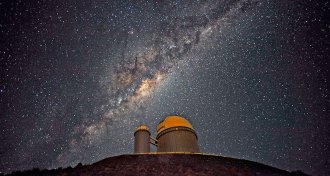 Astronomy
AstronomySolar system sits within major spiral arm of Milky Way
The solar system appears to live in one of the major spiral arms of the Milky Way, not in an offshoot as previously thought.
-
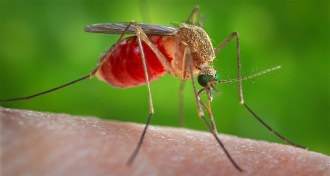 Animals
AnimalsNew case emerging for Culex mosquito as unexpected Zika spreader
The much-debated proposal that a Culex mosquito could help spread Zika gets some international support.
By Susan Milius -
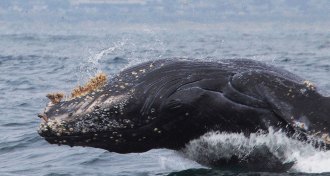 Animals
AnimalsBarnacles track whale migration
The mix of oxygen isotopes in the shells of barnacles that latch on to baleen whales may divulge how whale migration routes have changed over millions of years.
-
 Tech
TechWi-Fi can help house distinguish between members
Using Wi-Fi, computers could one day identify individual family members in a smart home.
-
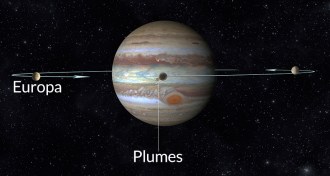 Planetary Science
Planetary ScienceEuropa spouting off again
Plumes of presumably water erupt from the surface of Jupiter’s frozen moon Europa, in images taken by the Hubble Space Telescope.
-
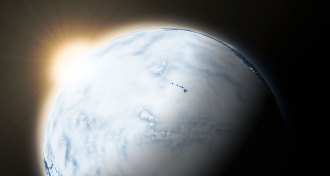 Climate
ClimateMethane didn’t warm ancient Earth, new simulations suggest
Scarce oxygen and abundant sulfate prevented methane from accumulating enough to keep Earth warm hundreds of millions of years ago, reviving the faint young sun paradox.
-
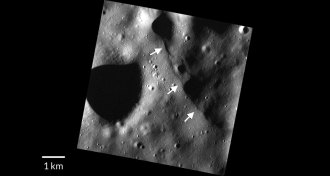 Planetary Science
Planetary ScienceMercury’s surface still changing
A population of small cliffs on Mercury suggests that the planet might have been tectonically active in the last 50 million years.
-
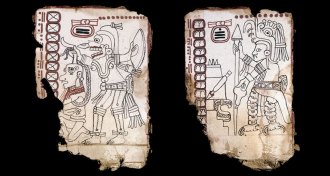 Archaeology
ArchaeologyAncient Maya codex not fake, new analysis claims
New report suggests an ancient Maya text — the bark-paper Grolier Codex — could be the oldest known document in Americas.
By Bruce Bower -
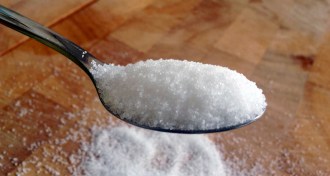 Health & Medicine
Health & MedicineSugar industry sought to sugarcoat causes of heart disease
Sugar industry has long, sweet history of influencing science.
By Laura Beil -
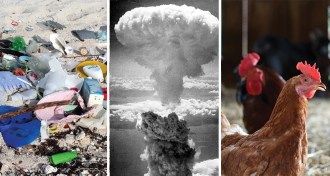 Earth
EarthNuclear blasts, other human activity signal new epoch, group argues
A group of scientists will formally propose the human-defined Anthropocene as a new epoch in Earth’s geologic history within a few years, probably pegging the start date to nuclear tests.
-
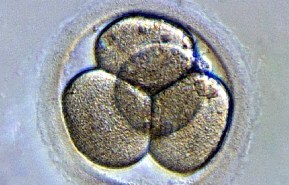 Genetics
GeneticsNew era of human embryo gene editing begins
Gene editing of viable human embryos is happening, in and out of the public eye.
-
 Health & Medicine
Health & MedicineIt’s time to retire the five-second rule
Wet food can slurp bacteria off the floor in less than a second.